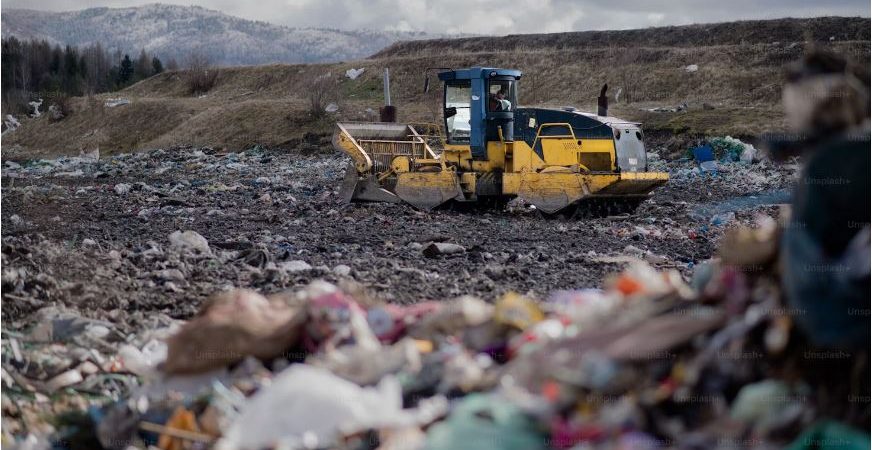Providing Waste Management: A Key to Sustainable Communities
Effective waste management is crucial for the health of our environment and communities. As the global population continues to grow, so does the amount of waste generated. Managing this waste responsibly is essential to prevent environmental pollution, conserve resources, and promote public health. This blog explores the importance of waste management, different methods employed, and practical steps communities and individuals can take to improve waste management practices.
The Importance of Waste Management
-
Environmental Protection: Proper waste management reduces pollution by ensuring that waste materials are disposed of or recycled in a manner that minimizes their impact on the environment. It prevents harmful substances from contaminating soil, water, and air.
-
Resource Conservation: Recycling and composting reduce the need for raw materials, conserving natural resources and energy. This not only benefits the environment but also reduces costs associated with the production of new materials.
-
Public Health: Effective waste management prevents the spread of diseases by controlling the proliferation of pests and pathogens. It ensures that hazardous waste is handled safely, protecting both human health and the environment.
-
Economic Benefits: Efficient waste management can create jobs and stimulate economic growth through the recycling industry and the development of sustainable waste management technologies.
Methods of Waste Management
-
Landfills: The most common method of waste disposal, landfills are designed to bury waste in a controlled manner. Modern landfills use liners and leachate collection systems to prevent contamination of groundwater. However, landfills require large areas of land and can produce methane, a potent greenhouse gas.
-
Incineration: This method involves burning waste at high temperatures to reduce its volume. Incineration can generate energy but also produces emissions that need to be managed. Advanced incineration technologies aim to minimize environmental impact.
-
Recycling: Recycling involves converting waste materials into new products, thereby conserving resources and reducing landfill use. Commonly recycled materials include paper, glass, metals, and certain plastics.
-
Composting: Composting is the biological decomposition of organic waste, such as food scraps and yard waste, into nutrient-rich compost. This process reduces landfill waste and provides a valuable soil amendment for agriculture and gardening.
-
Waste-to-Energy (WtE): WtE technologies convert waste into energy through processes like incineration, gasification, and anaerobic digestion. These methods help reduce waste volume and generate electricity or heat.
Practical Steps for Communities and Individuals
-
Education and Awareness: Educating the public about the importance of waste management and how to properly sort and dispose of waste is crucial. Awareness campaigns can promote recycling, composting, and reducing single-use plastics.
-
Improved Infrastructure: Providing accessible recycling bins, composting facilities, and efficient waste collection services encourages proper waste disposal practices. Communities should invest in infrastructure that supports sustainable waste management.
-
Policy and Regulation: Governments can implement policies and regulations that promote waste reduction, recycling, and responsible waste disposal. This includes banning certain single-use plastics, providing incentives for recycling, and ensuring compliance with waste management standards.
-
Community Involvement: Engaging the community in waste management initiatives, such as neighborhood clean-ups and recycling programs, fosters a sense of responsibility and cooperation. Community-led initiatives can drive significant improvements in waste management practices.
-
Technological Innovations: Embracing new technologies can enhance waste management efficiency. Innovations such as smart waste bins, automated sorting systems, and advanced recycling technologies can streamline waste management processes and reduce environmental impact.
Conclusion
Providing effective waste management is essential for creating sustainable and healthy communities. By adopting comprehensive waste management strategies, educating the public, and leveraging technology, we can significantly reduce the environmental and health impacts of waste. Collaboration between individuals, communities, and governments is key to achieving effective waste management and building a sustainable future for all.


Leave A Comment